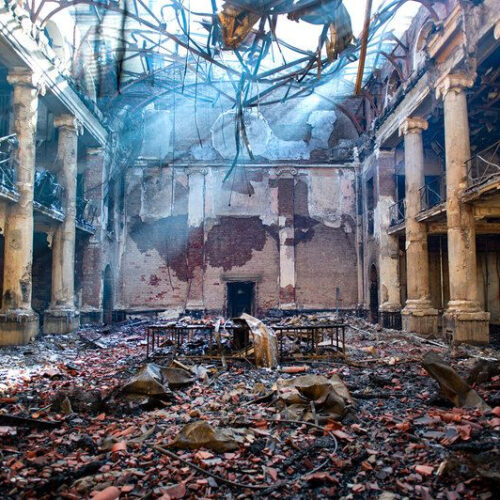

A documentary titled “The Battle For Laikipia,” produced by a Kenyan-based production company, LBx Africa, recently premiered at The Sundance Film Festival.
The film explores the lived experiences of Samburu pastoralists, cattle ranchers, and conservationists who inhabit the beautiful place in Kenya called Laikipia, grappling with climate change’s harrowing impact and conflict over diminishing resources. The documentary was filmed over five years and was produced in collaboration with Kenyan and international filmmakers.
The Sundance Film Festival is a 10-day event that celebrates independent film and brings together original storytellers and audiences seeking new voices and fresh perspectives. Since 1985, hundreds of films launched at the festival have gone on to gain critical acclaim and reach new audiences worldwide. The festival’s annual programme includes dramatic and documentary features, short films, episodic content, daily filmmaker conversations, panel discussions, and other events.
The film is directed by Daphne Matziaraki (Greece) and Peter Murimi (Kenya), produced by Toni Kamau of We are not the Machine, and executive produced by Roger Ross Williams and Geoff Martz of One Story Up.
This will be the second Kenyan-directed and produced a documentary to premiere in the Sundance Film Festival’s World Cinema Documentary category competition.
Director Peter Murimi noted that during the five to six-year period of filming, Laikipia County was experiencing its worst drought in 10 years. The documentary follows Simeon and his family, who are Samburu pastoralists, and the Dods family, who are fourth-generation Kenyans. These two families find themselves at the forefront of the battle for grass, water, and land rights. However, the conflict happening in this corner of the world is relevant to many other places and people right now.
Director Daphne Matziaraki described the documentary as taking place “in the sweeping Savannahs of Laikipia, a Kenyan wildlife haven where indigenous pastoralists and descendants of British settlers live side by side.” She added that the changing climate ignites a conflict over resources and land, which goes much deeper into the notions of home and belonging. The unresolved history and the warming climate raise the stakes in this tense, emotional neo-western epic.










